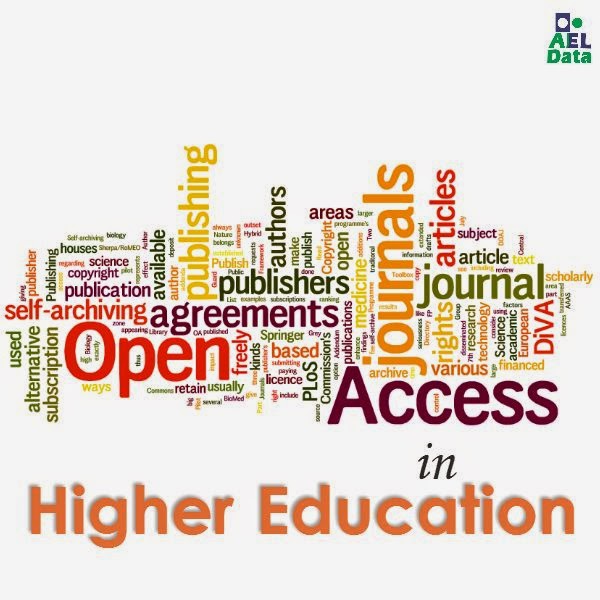The open access advancement have a number of academic professionals reacting indifferent to the development of the platform, especially since research papers are freely available online rather than published in journals that require a healthy subscription fee for readers. This undertaking entails a variety of woes from new academic professionals, due to the "author's fee", which has direct impact on new academic faculty. The cost incurred is substantial to publish a paper as open access, which isn't recouped from grants in many cases, by the institutions where they work, or the funders of their research.
This poses a question, "Will most academic research outputs be of interest to the general public readership?" It's something to ask yourself as a new academic professional, because if the demand is there, than "author's cost" might not be an issue. With the advancement of open access, provokes much thought on the impact of traditional journals and the possibility of threat to them or yet, extinction. Another potential challenge with open access is cultural barriers. The positive side of open access is the convenience of open dialogue/contribution in the sharing of global knowledge conversations. Open access would also aid assistance in collaboration, knowledge exchange, and increase attention on certain research areas.
The cost aspect for authors is ambiguous and raises the question, if authors pay a fee to have their research published, how does this impact, affect tenure or promotions in higher education? I think open access is a great way to continue the conversations surrounding specific topics, promoting the emergence of academic publishing startups, and building partnerships for researcher-led projects. Open access is an innovated platform for publishing and disseminating to the masses with reduction or little to no subscription fees for readers, but the issue is being able to bridge the cultural gap between academics, quality, prominence and explicit assessment and distribution, which is fundamental to the structuring of the platform.
In keeping this in mind in which poses a final question, "How to take the elements in bridging the gap between cultural differences and academics widespread, so that it is recognized by senior academics, administrators, upper administration at institutions, community partnerships, and funders buy-in and minimizing push-back?", which in my opinion the biggest bull to tame.

I like your insight! It's definitely weighing the pluses and minuses in the whole scenario. How do we even start implementing this in academia? Is the biggest question we need to ask.
ReplyDeleteIn effort to implement open access in academia, I think there should be a strict criteria in publishing. I concur, there should be a balance between positive and negative when it relates to open access. The positive side is having the ability to disseminate information to the masses and exchange knowledge globally, but the downside is the quality, author fees, and cultural barriers. Some disciplines benefit from open access and are required to pay author's fees. In relation to some traditional journal publications, some published articles present poor quality and require an author's fee, so I guess they share a number of differences and similarities, so the objective would be balancing the two and streamlining more effectively.
ReplyDelete